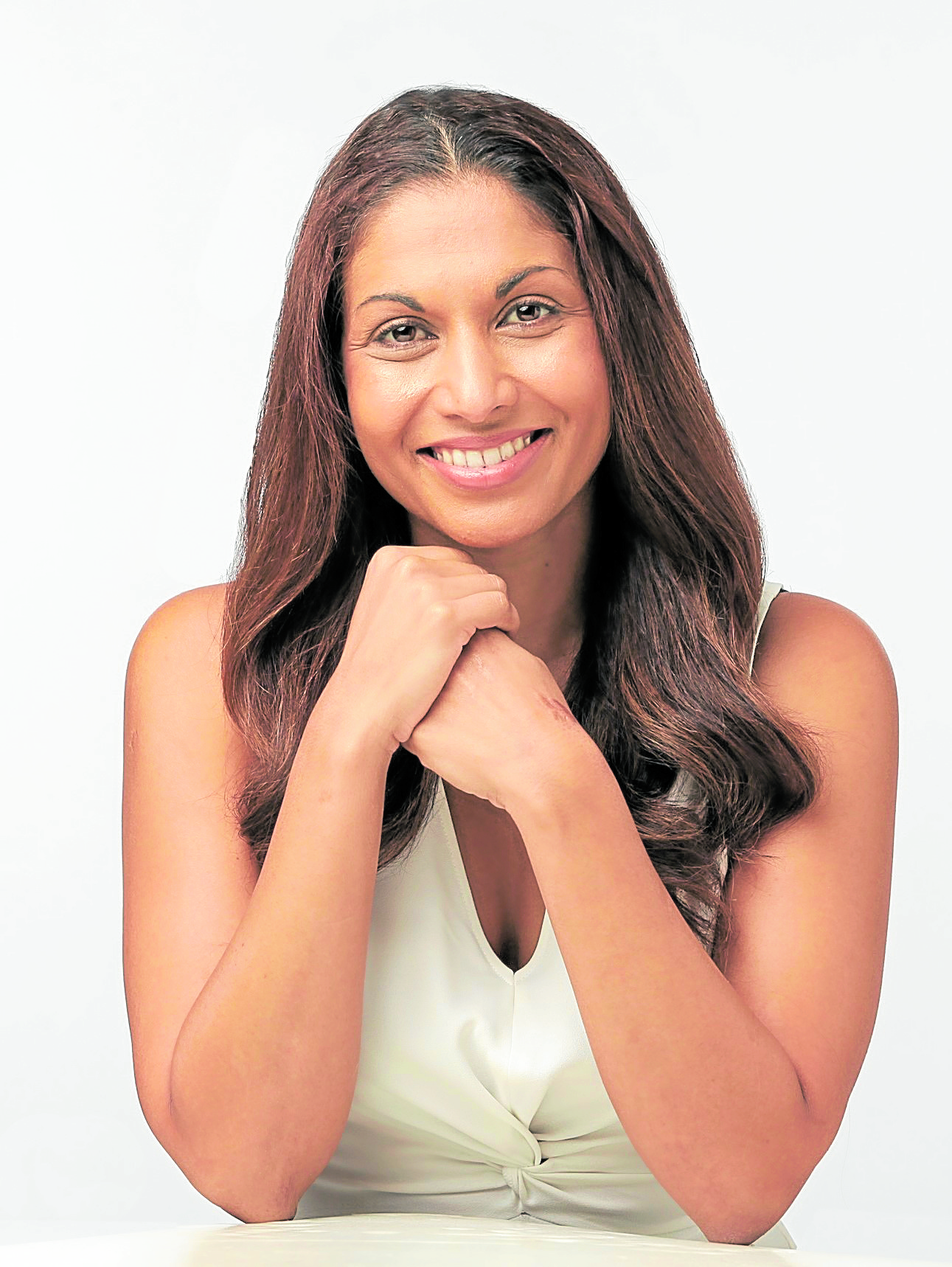Covid-19 changes retail landscape; L’Oreal responds
Even with sales down and a changing retail landscape because of the pandemic, beauty company L’Oreal Philippines isn’t losing its focus on one core aspect of their business—sustainability—and neither should other companies, says Supriya Singh, L’Oreal Philippines’ country managing director.
“It’s even more important to talk about sustainability [amid] this pandemic, than it has been even before, and that’s because of a couple of reasons,” says Singh.
The first reason, she says, is that consumers today want trusted and safe products—and they want to know where these are sourced from. The second, she adds, has something to do with the huge shifts industries are facing, including beauty.
Rebuild
“As a leader in the industry, we need to think, how do we rebuild this? Do we rebuild this exactly the same way as before, or in a new way that’s much more progressive and focused on the future?” Singh says.
The answer for L’Oreal, naturally, is to look to the future, especially since the outbreak of COVID-19 has accelerated consumers’ adoption of e-commerce. “Moving forward, we need to take a leadership stance on how we can lead in making e-commerce sustainable, [and not] let it go back to the way it was before,” Singh adds.
Article continues after this advertisementRight now, Singh says offline retail is still L’Oreal’s main channel; but she also acknowledges the fact that because e-commerce is growing at such a rapid pace, the gap between offline and online is quickly closing. This presents the company, she says, with major challenges that revolve around two things: packaging and transport.
Article continues after this advertisementWith environmental sustainability in mind, L’Oreal recently launched the Green Parcel initiative, which uses sustainable and biodegradable packaging materials for items ordered through various e-commerce platforms. Singh says they have piloted the initiative through their Garnier line; instead of the usual plastic bubble wrap, Garnier products are protected using honeycomb paper fillers.
“Part of what we’re trying to do is also encourage other manufacturers in the beauty industry, and beyond, to use this kind of packaging. We want to show them that it works,” says Singh.
New labeling
Garnier hair care products are also the first to carry L’Oreal’s Product Environmental and Social Impact Labeling, on which are ratings endorsed by independent scientific experts that indicate a product’s environmental impact, including its carbon footprint and manufacturing. A rating of A is equivalent to a stamp of “world-class sustainability,” while E is the lowest score.
“So when someone is looking at the product, he or she can make a really informed decision of whether it’s good for the environment or not,” Singh says.
In the context of growing environmental and social challenges, the L’Oréal Group also recently announced that it is accelerating its transformation toward a business model that “respects planetary boundaries” and reinforces its global commitments across these specific areas: fighting climate change, sustainable water management, and respecting biodiversity and the preservation of natural resources.
By 2025, L’Oreal Group aims to have all of its manufacturing, administrative and research sites reach carbon neutrality, by improving energy efficiency and using 100-percent renewable energy. Further down the road, by 2030, the company also wants 100 percent of the plastics used in L’Oréal’s products’ packaging to be either from recycled or bio-based sources.
Singh says that while concerns about health and economy are on top of everyone’s list these days, prioritizing environmental sustainability shouldn’t take a back seat among brands and businesses. L’Oreal, she says, has a responsibility to be sustainable in all aspects.
“We will come out of this COVID-19 crisis, and the economy will [recover] as well. But if we don’t look after our planet at the same time, that’s something we can’t get back,” Singh says. “That’s why we have to stick to our [sustainability] targets.”—ANNELLE TAYAO-JUEGO
